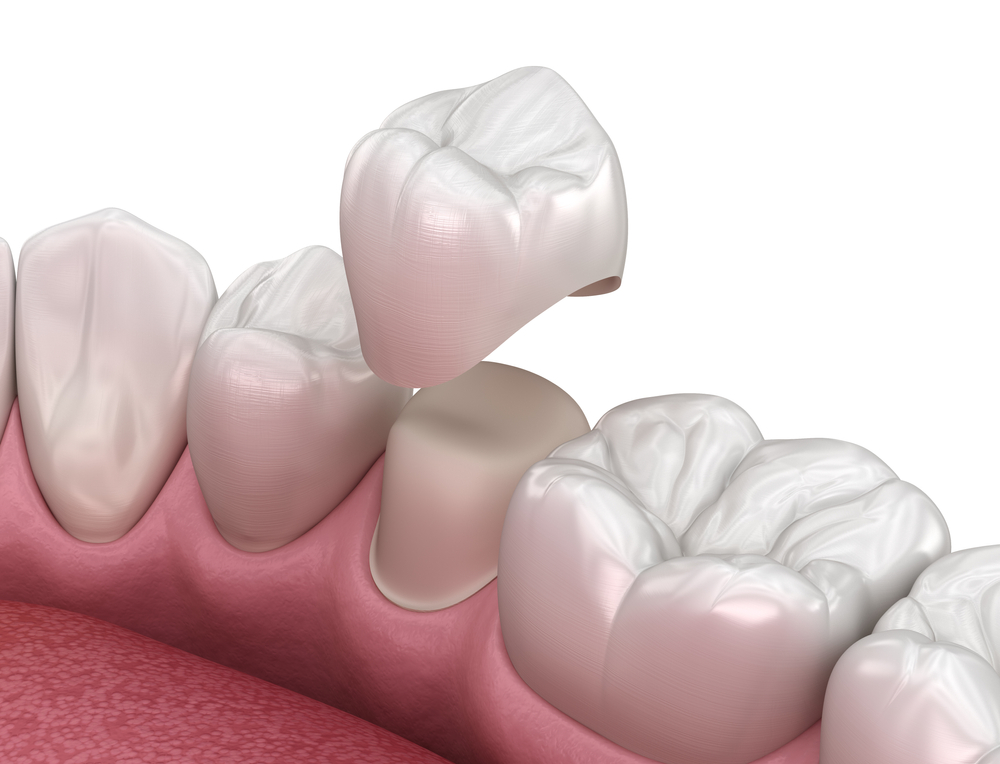Dental Bridges in Berkeley, CA
Restore Your Smile With Dental Bridges
Losing a tooth can be a difficult experience, affecting both the appearance and functionality of your smile. Fortunately, dental bridges are a popular and effective treatment option for replacing missing teeth. Bridges dental can improve oral health and restore functionality, but it’s important to be aware of the potential disadvantages and concerns associated with their use. Don’t let your dental health get worse — replace your missing tooth, or teeth, at Acorn Family Dental Care.
Contact Dr. Nguyen in Berkeley, CA today by calling our dental office at 510-848-0114. We’ll schedule your consultation as soon as possible so you can get your oral health back on track.
What Are Dental Bridges?
Dental bridges are prosthetic devices that are used to replace missing teeth. They consist of one or more artificial teeth that are supported by the surrounding teeth or dental implants. Dental bridges can be made from various materials, including porcelain, ceramic, or metal.
Different Types of Dental Bridges
There are several types of dental bridges, including:
- Traditional Dental Bridge: This is the most common type of dental bridge. It consists of one or more artificial teeth that are anchored to adjacent teeth using dental crowns.
- Cantilever Dental Bridge: This type of bridge is used when there’s only one adjacent tooth available to support the artificial tooth.
- Maryland Dental Bridge: This type of bridge is made of a metal or porcelain framework that’s bonded to the back of supporting teeth. Maryland bridges are typically used to replace front teeth.
- Implant-Supported Bridge: This type of bridge is supported by dental implants instead of natural teeth. Implant-supported bridges are a more durable and long-lasting option and a more costly one.
- Resin-Bonded Bridge: Also known as a Maryland dental bridge, this type combines porcelain with a metal framework to securely connect to existing teeth. Resin-bonded bridges are particularly useful for restoring missing front teeth, providing both functionality and aesthetic appeal.




